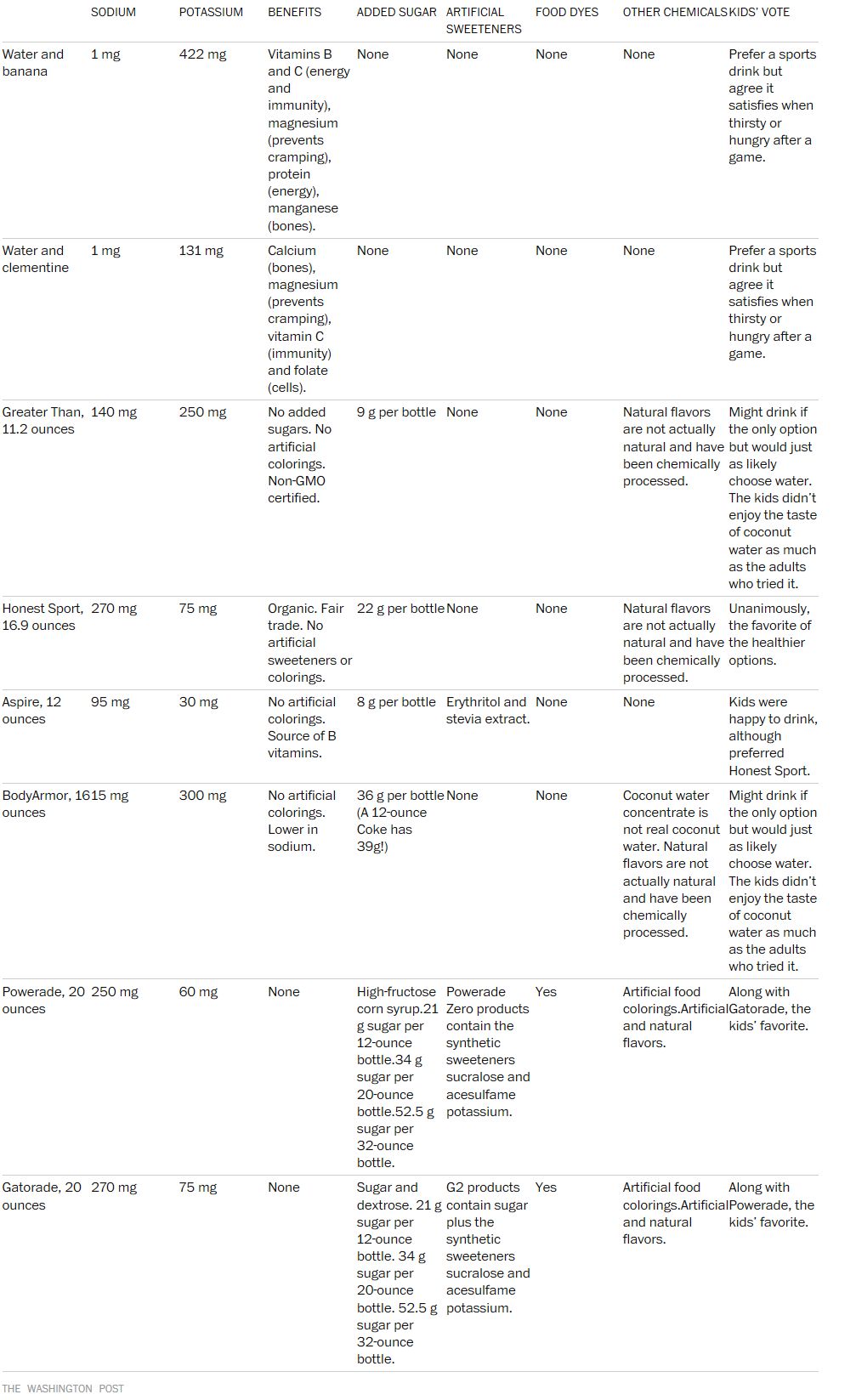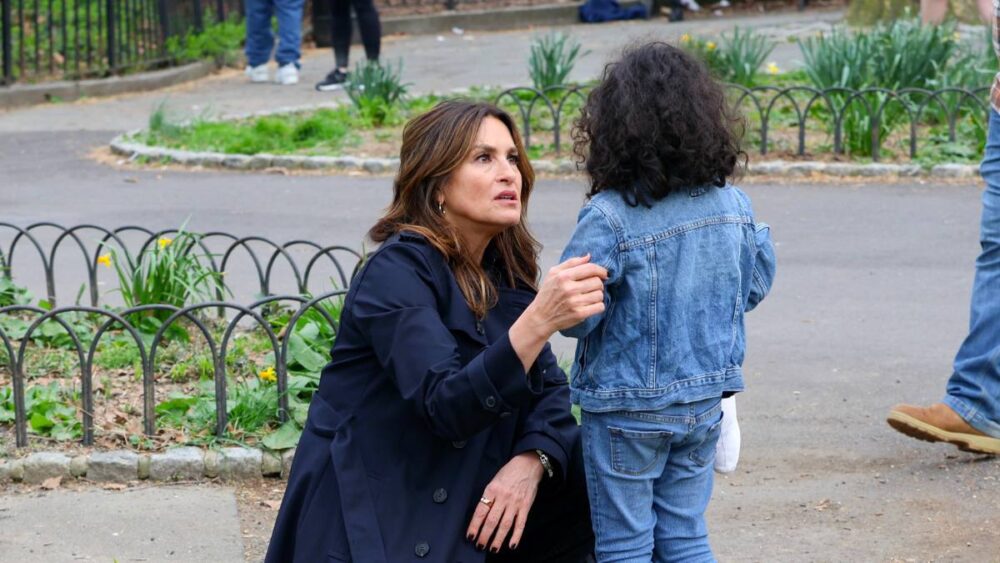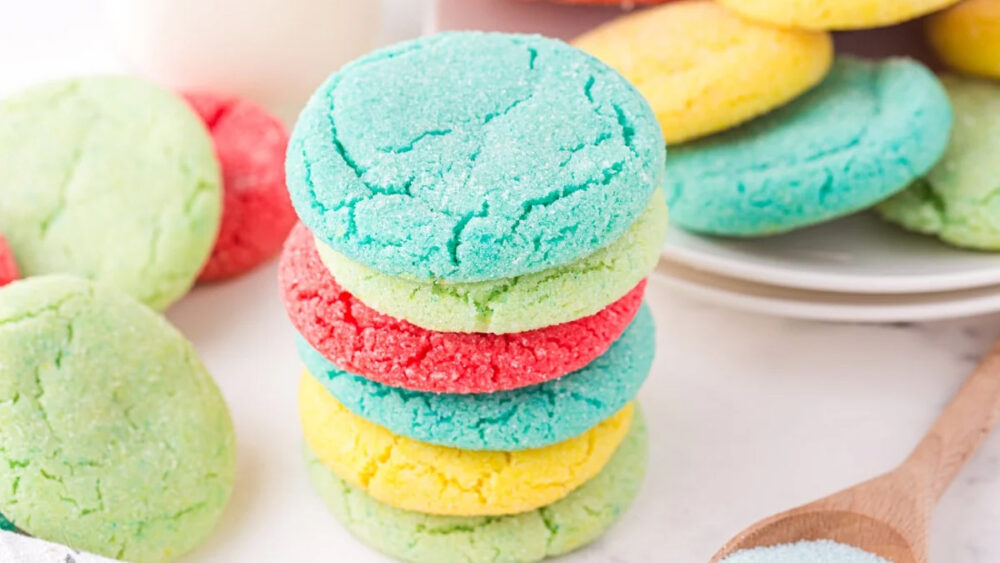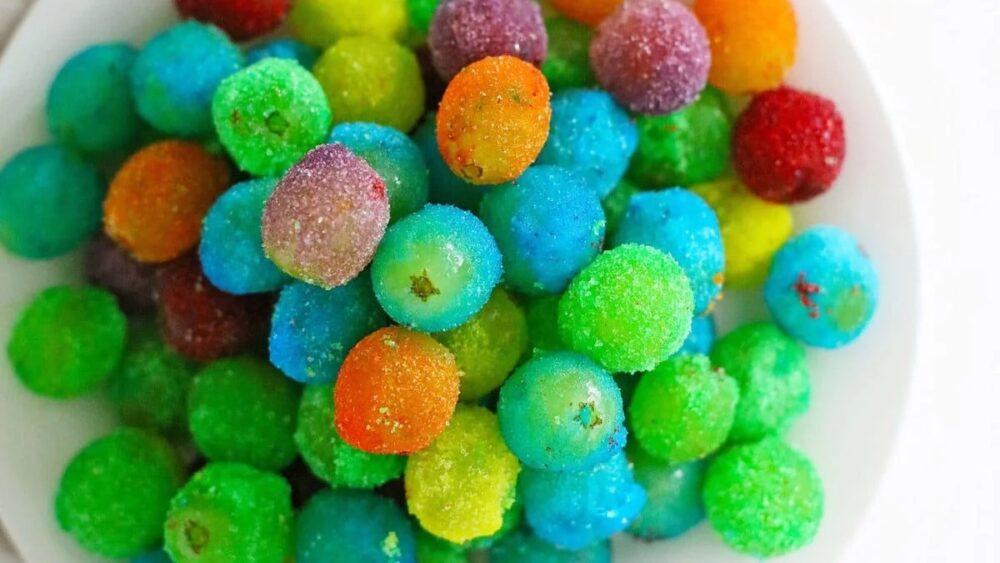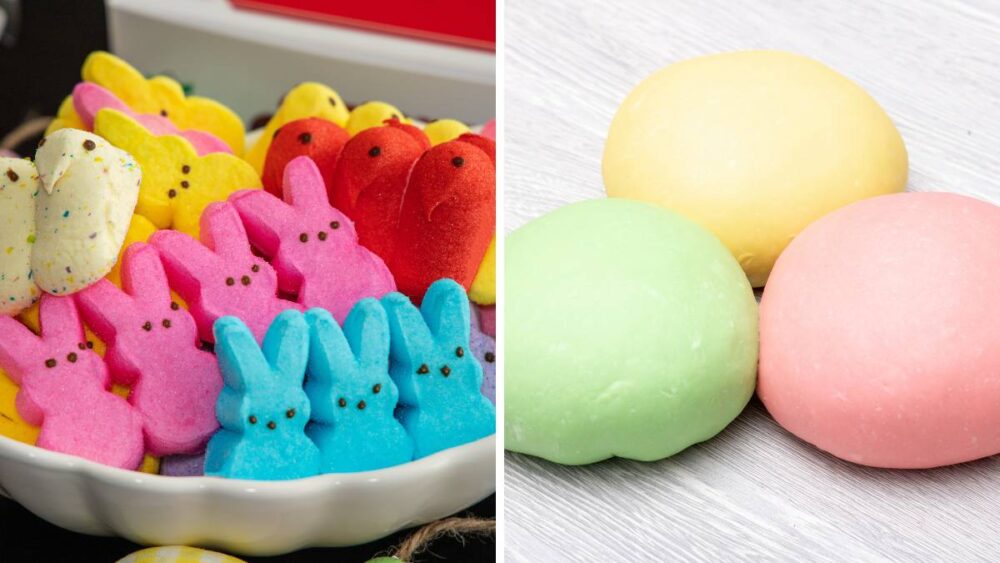Why Kids Don’t Really Need Sports Drinks
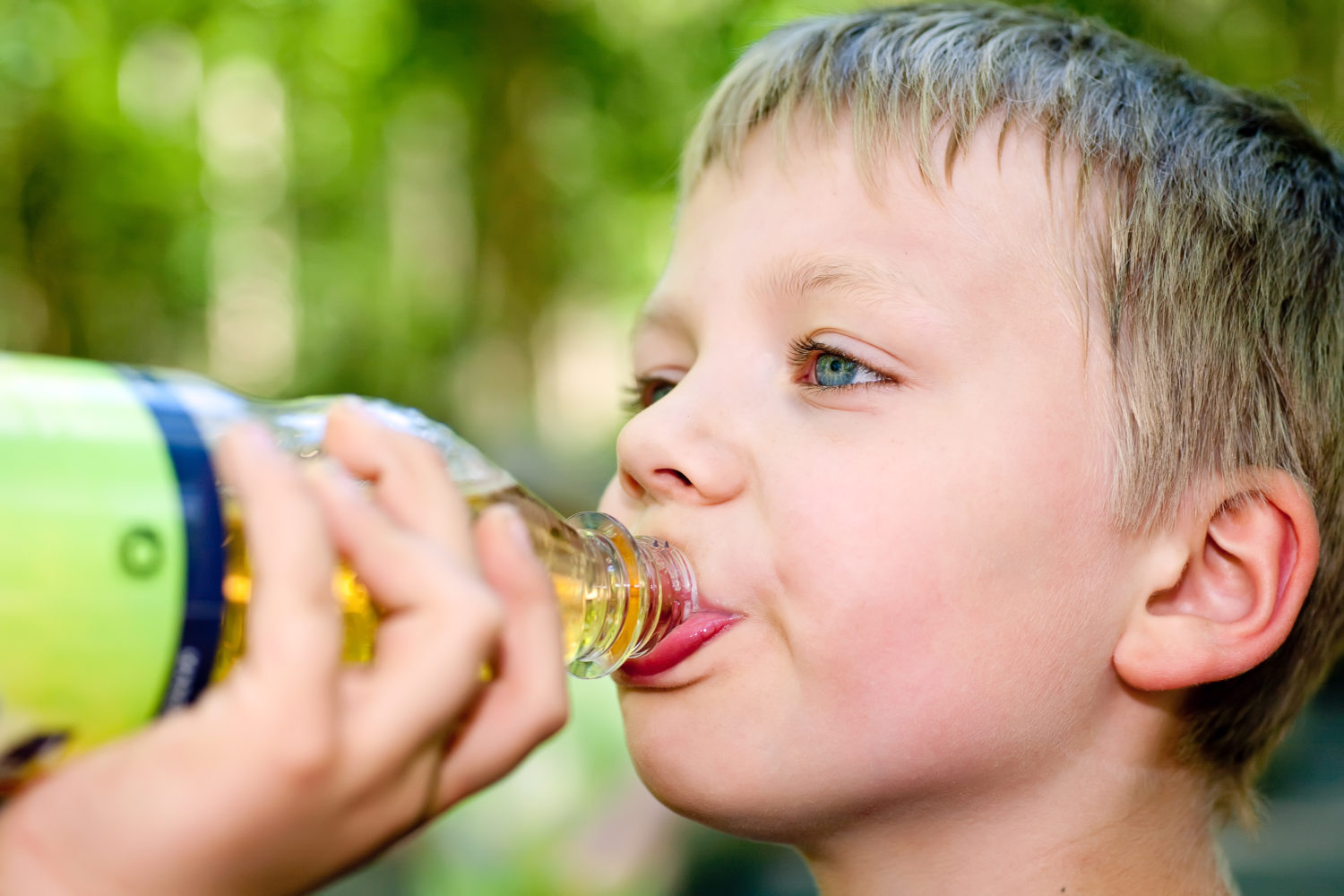
Adults of a “certain age” (read: middle age) grew up with pretty much just one sports drink. And it wasn’t even classified as such—sports marketing wasn’t the big deal it is now. It was simply called “Gatorade.” Developed by researchers at the University of Florida (hence the “Gator” name), Gatorade dominated the market for decades.
(I remember drinking a lot of Gatorade in the early 1970s to collect NFL helmet bottle caps, but I wasn’t in their target demo. Yet.)
Today, sports drinks are big business. In fact, they represent a nearly $7 billion dollar market segment, and Gatorade now competes with brands like Powerade and VitaminWater (both owned by Coca-Cola).
There are a lot of companies now vying to quench your thirst, but are these drinks good for you or your kids?
According to The Washington Post, Gatorade and the like were originally designed for top-line athletes, who work so hard in extreme weather (think: pro football camp in August) that they need the calories and unique hydration that sports drinks supply. The rest of us? Not so much.
While high-performance athletes like those in the Olympics or those who work out intensely or for more than an hour at a time might lose electrolytes and actually need to recharge with a sports drink, we mere mortals typically only lose sodium (if anything). And most of us get plenty of that from our regular diets (looking at you, KFC).
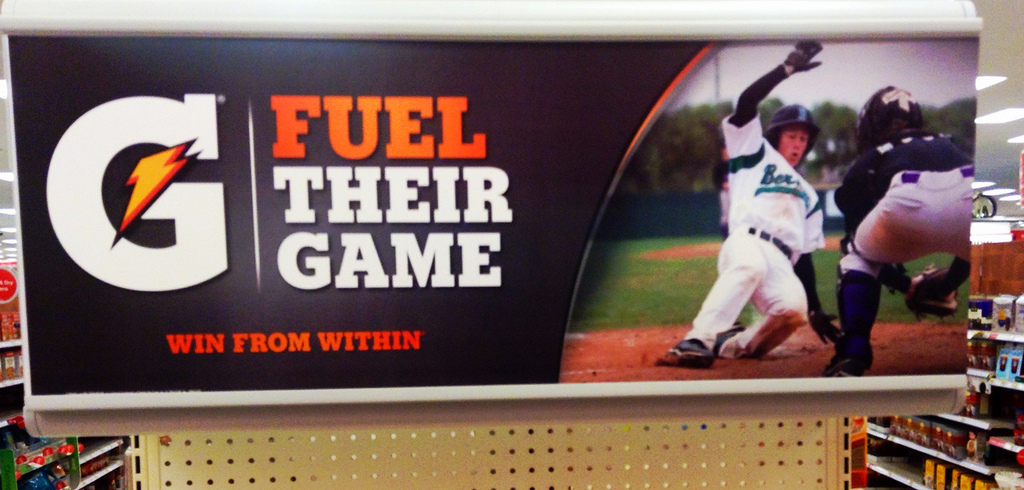
“Powerade and Gatorade wouldn’t be in big business if the only people who consumed their products were those who actually needed them,” Casey Seidenberg, co-founder of Nourish Schools, a D.C.-based nutrition education company, wrote in the Washington Post.
So, the companies that make sports drinks started marketing to kids who wanted to “Be Like Mike,” and what might have remained a niche market blasted off like a rocket. Now you see kids guzzling sports drinks (whether they need them or not) on little league fields and basketball courts across the county—and that genie isn’t going back in the bottle.
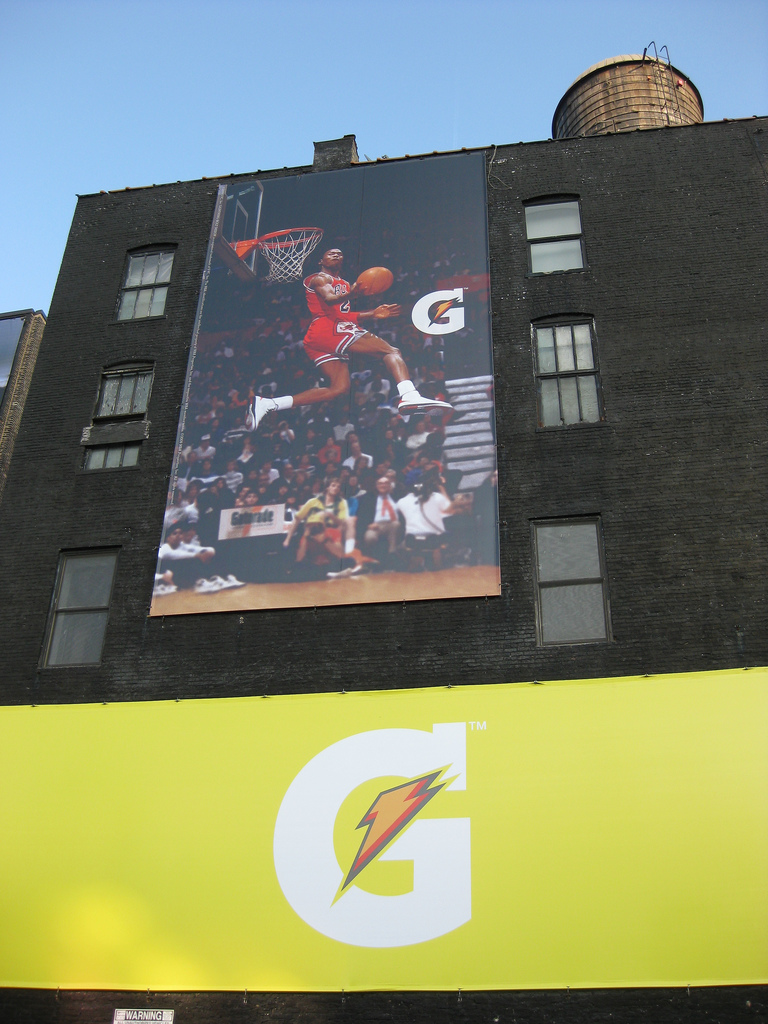

Newer companies like Honest Tea and Greater Than have gotten in the game, selling sports drinks that are lower in sugar and artificial food coloring. But will your kids drink them? Seidenberg did a purely unscientific blind taste test with her kids and their pals. (See chart below.) The results? The kids picked Powerade and Gatorade as their favorites.
“These varieties are the sweetest and the most chemically engineered to cause consumers to come back for more,” Seidenberg noted. They then voted for the three Honest Sport flavors, followed by Aspire. Water would probably get picked over Greater Than, and BodyArmor was a no-go based on its flavor.
While most sports drinks don’t contain anything that amateur athletes (and certainly not couch potatoes) need, they do include an ingredient that most of us can do without: sugar.
“Many sports drinks contain as much sugar and as many chemicals as soda,” Seidenberg wrote. As one mom and author, Erica Katz, pointed out to ABC News in a story about kids’ energy and sports drink consumption: “You wouldn’t hand your kid a lollipop for energy, and you wouldn’t give them a can of soda for energy, so why would you give them a sport or energy drink that has the same amount of sugar as candy or soda?”
The American Academy of Pediatrics recommends that children avoid sports drinks except if there is a need for “rapid replenishment of carbohydrates and/or electrolytes in combination with water during prolonged, vigorous physical activity.” The risk, per the AAP, in ingesting unnecessary carbohydrates is weight gain, not to mention cavities.
So, what should concerned soccer moms offer up to thirsty kids? Seidenberg recommends plain old water along with a banana, orange or clementine.
“The natural sugars in these fruits travel into the bloodstream at a steady rate, unlike a manufactured sports drink that causes blood sugar and insulin levels to skyrocket or that delivers a dose of an unhealthy artificial sweetener,” she wrote. “No child benefits from 20-plus grams of added sugar and chemical flavorings after a one-hour game.”
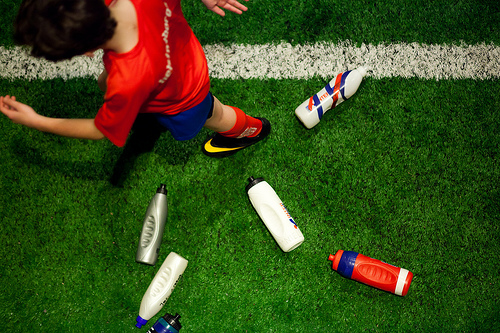

Want to see how your go-to thirst quencher stacks up? Check out the chart below, which also shows the results of the taste test that Seidenberg conducted.
What do you think? Do your kids drink sports drinks?


